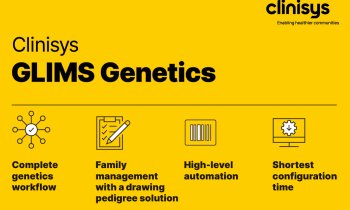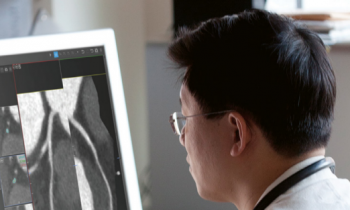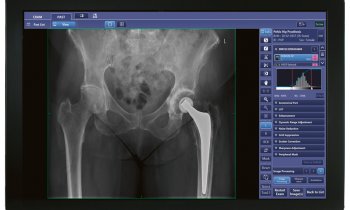Predicting antibiotic resistances
GEAR succeeds in competition "Landmarks in the Land of Ideas"
Ares Genetics GmbH, a wholly-owned subsidiary of Curetis GmbH and a developer of pioneering solutions for the detection of genetic resistances in pathogens, announced that the project "GEAR - Predicting Antibiotic Resistances with Genetic Data" has been awarded in the competition "Landmarks in the Land of Ideas".

The project is run by the Center for Bioinformatics at Saarland University, an academic partner of Curetis and Ares Genetics. The innovation contest has been organized by the initiative “Germany – Land of Ideas” and Deutsche Bank for the past twelve years.
The GEAR (GEnetic Antibiotic Resistance and Susceptibility) database covers an unparalleled warehouse of genetic resistance data, among others the full DNA sequences of more than 11,000 bacterial strains, which have been collected at more than 200 sites worldwide in over 30 years. In addition, GEAR provides sensitivity data of these pathogens to 21 antibiotics. Ares Genetics has exclusive access to GEAR for commercial purposes. The database was originally developed by the Working Group for Clinical Bioinformatics run by Prof. Dr. Andreas Keller at Saarland University and the Institute for Clinical Molecular Biology (IKMB) at Kiel University in close collaboration with Siemens.
Ares Genetics uses GEAR as a biomarker generator for the fast identification of potential novel biomarkers, biomarker combinations and algorithms, which are able to predict antibiotic resistances. In addition, the Company leverages GEAR to identify potential novel targets for antimicrobial drugs. Further potential application areas include the generation of fully genetic antibiograms. Moreover, Ares Genetics pursues a comprehensive scientific publication strategy together with leading scientists of the Working Group for Clinical Bioinformatics at Saarland University in order to share novel findings based on GEAR with academia. "The number of resistant bacteria is on the rise worldwide, as antibiotics are increasingly used inappropriately or unnecessarily. In addition, new antibiotics have become a scarce commodity over the past decades," said Prof. Dr. Andreas Keller, Head of the Working Group for Clinical Bioinformatics at Saarland University. "Our big data-based approach offers new chances to solve this problem: By decoding the genetic data of pathogens, we can detect and treat resistant germs much more quickly."
“We are delighted about the award for GEAR in the innovation contest ‚Landmarks in the Land of Ideas’ as it underlines the value of the database for the research and diagnosis of antibiotic resistances in pathogens," said Dr. Achim Plum, CCO of Curetis and one of Ares Genetics' Managing Directors. "Our goal is to establish a broad and effective alliance against the further spread of antibiotic resistances." "To achieve this goal, we offer GEAR as a collaborative research platform for academic and translational research purposes and for partners in the public health sector and the biopharmaceutical industry. We are convinced that GEAR will play a key role in fighting antibiotic resistances," added Dr. Andreas Posch, also a Managing Director of Ares Genetics.
Source: Ares Genetics GmbH
26.06.2017











